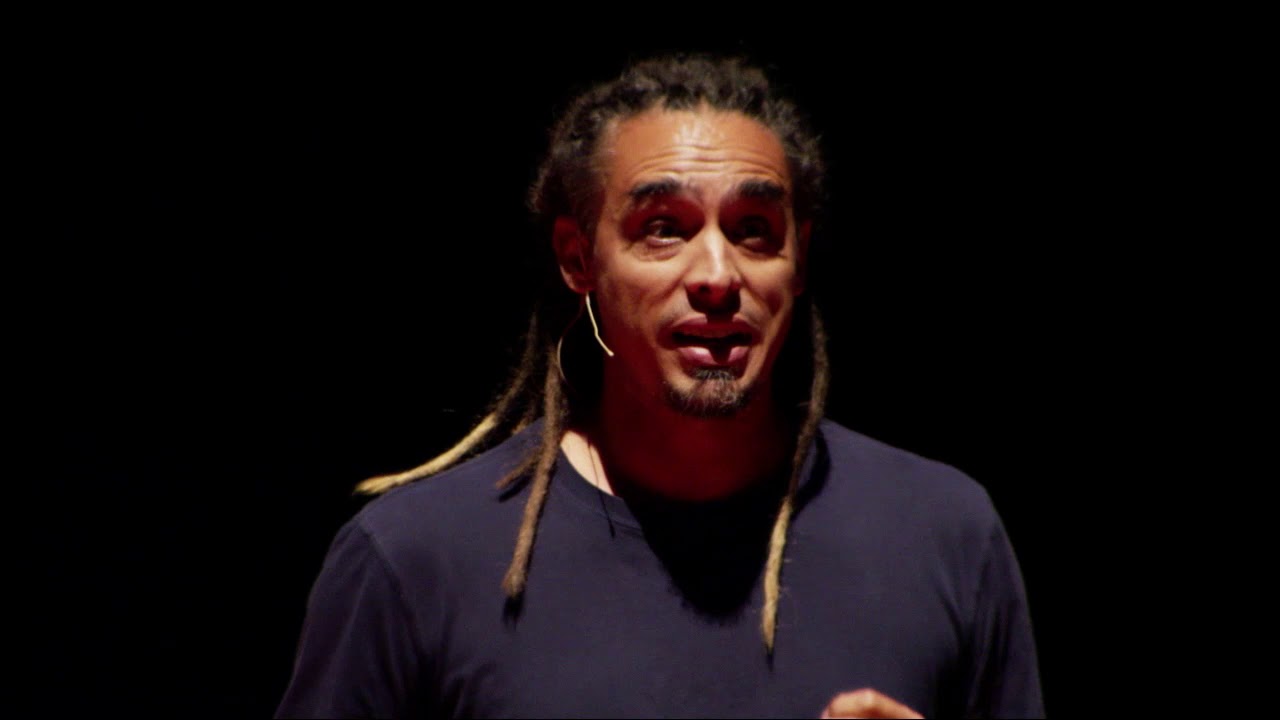Whether it be a young man who is threatening to engage in a mass shooting or a new mother who is diagnosed as having postpartum depression, how is it that we’ve come to think of distress as existing inside of a person?
Why do we think we can simply label a person as disordered and ignore the ways in which society is disordered?
What might be the possibilities of moving away from locating distress almost exclusively inside of people and instead begin interrogating neoliberal systems that put pressure on who people believe they are allowed to be?
If people in relative positions of power routinely engaged in this practice, might this move us towards a model of community care where people don’t have to self-care their way out of social inequities?
Travis Heath discusses the use of narrative therapy and the ways in which it pursues these very goals.
Travis Heath is an Associate Professor of Psychology at Metropolitan State University of Denver. He has practiced in Los Angeles, California, is currently a licensed psychologist working in private practice in Denver, Colorado, and is co-founder of Rocky Mountain Narrative Therapy Center (RMNTC).
The work he has been focused on includes shifting from a multicultural approach to counseling to one of cultural democracy that invites people to heal in mediums that are culturally near.
Writing he has contributed to has focused on the use of rap music in narrative therapy, working with persons entangled in the criminal justice system in ways that maintain their dignity, narrative practice stories as pedagogy, and a co-created questioning practice called reunion questions. His practice has been apprenticed by narrative therapy co-creator David Epston. This talk was given at a TEDx event using the TED conference format but independently organized by a local community. Learn more at https://www.ted.com/tedx
Self Care to Communities of Care | Travis Heath | TEDxMSUDenver
